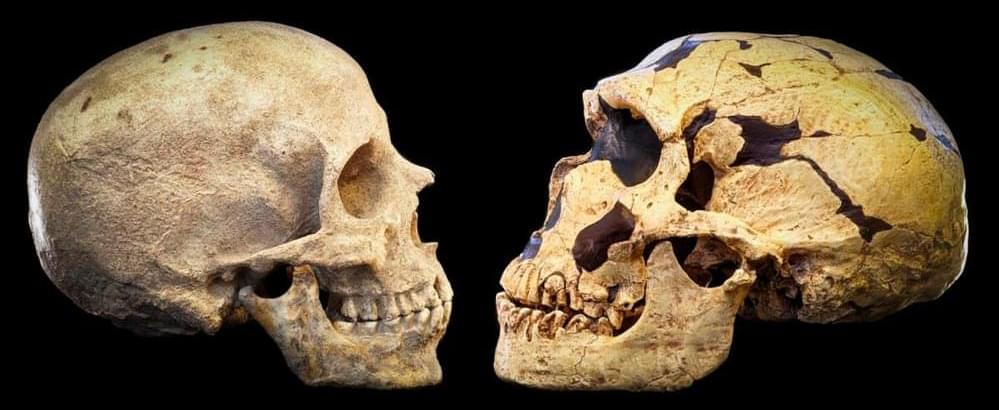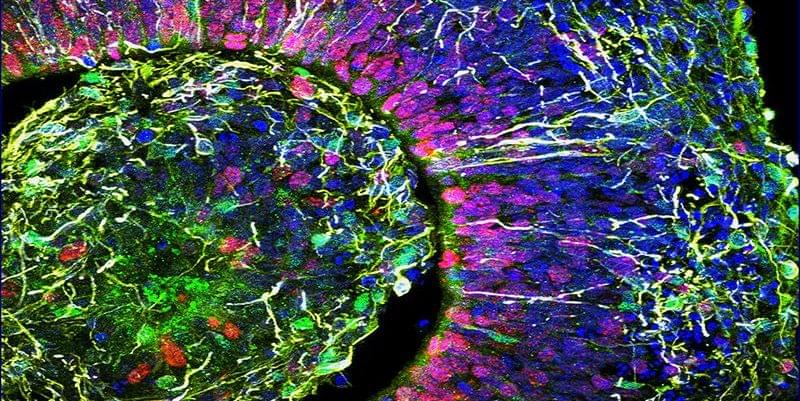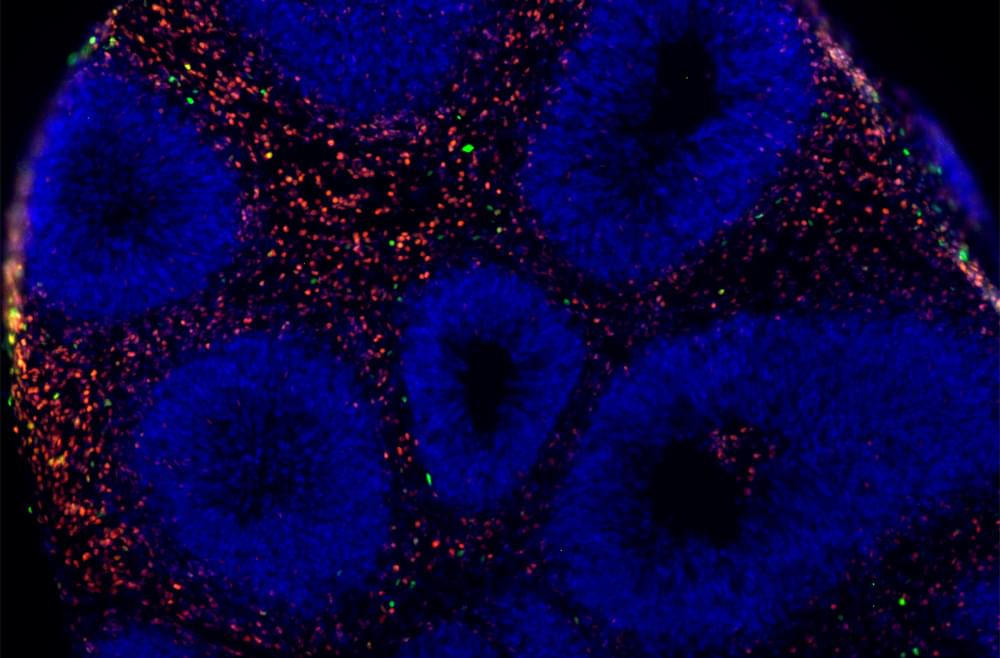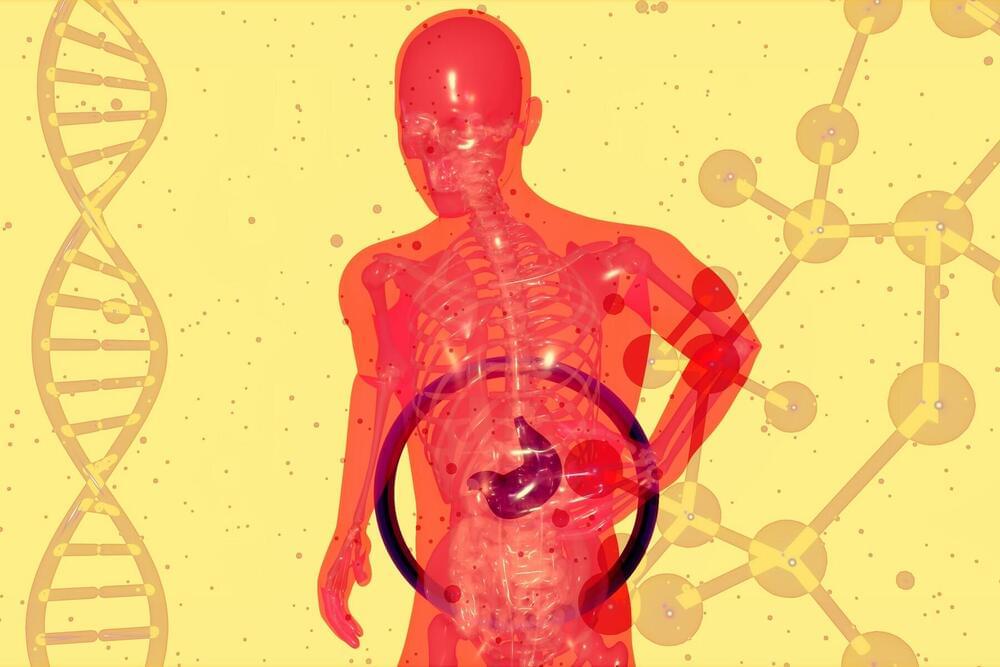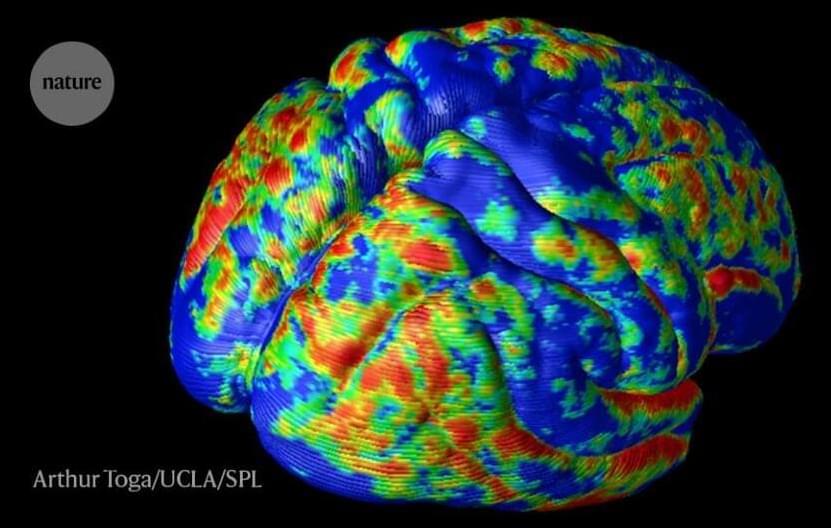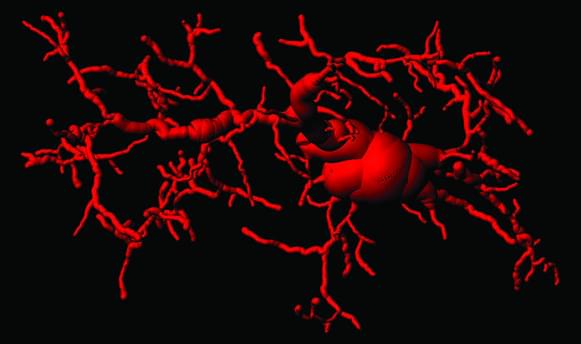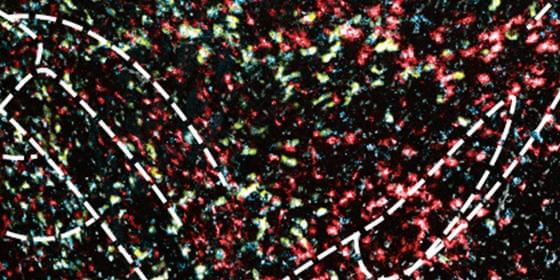Sep 29, 2023
A single gene mutation may have made us smarter than Neanderthals
Posted by Quinn Sena in categories: genetics, neuroscience
Once we fully we understand intelligence it could be essentially increased to nearly infinite levels once everything is quantified like this article talks about 😗😁.
Modern humans have a gene mutation that boosts the growth of neurons in the brain neocortex, a brain region associated with higher intelligence.
Continue reading “A single gene mutation may have made us smarter than Neanderthals” »
